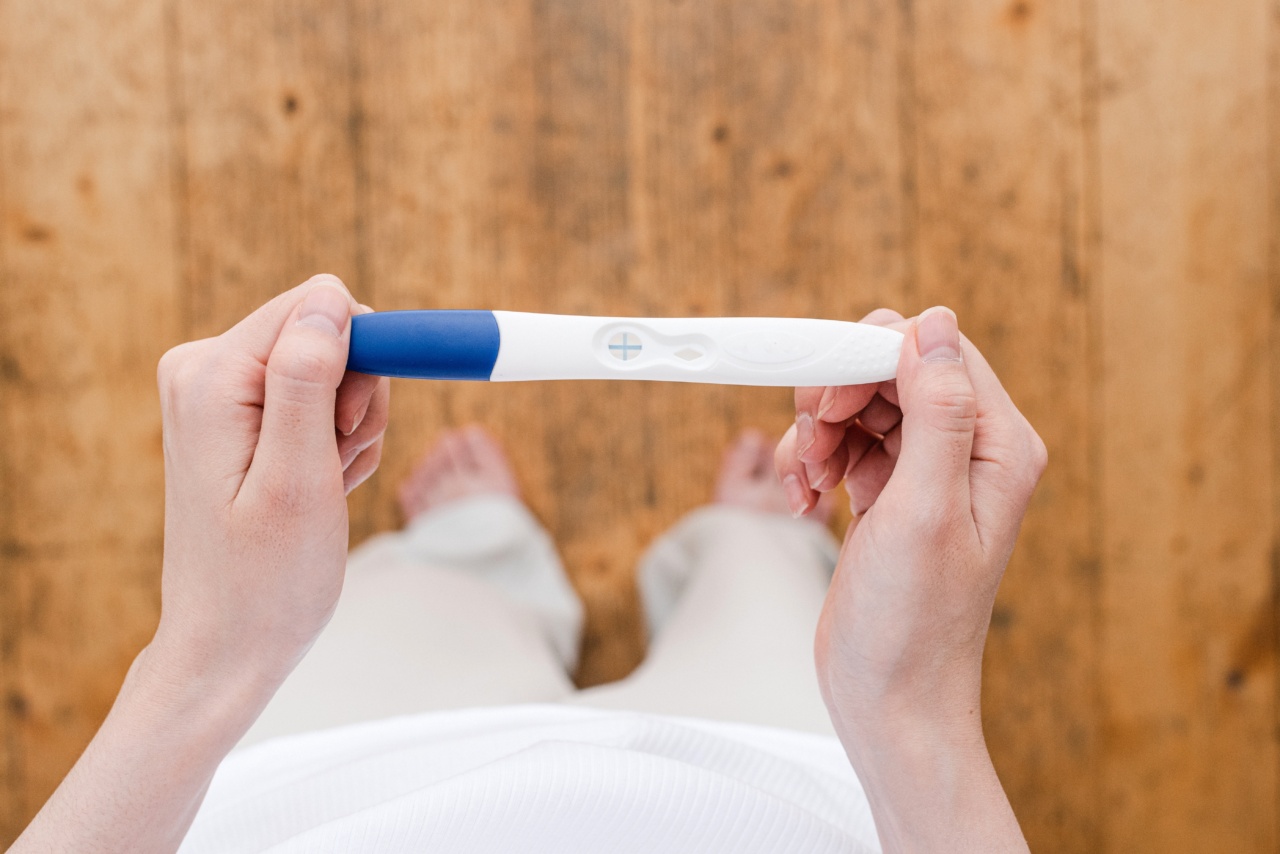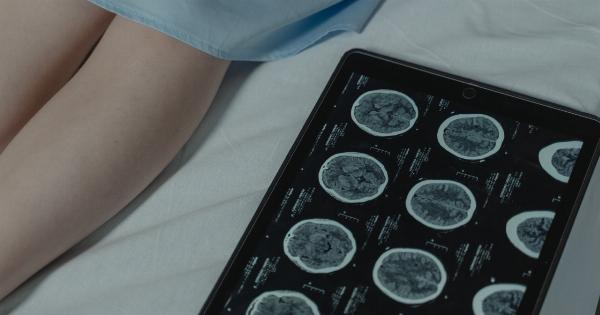During the second trimester of pregnancy, which spans from week 13 to week 28, various tests and screenings are conducted to ensure the health and well-being of both the mother and the baby.
These tests help to identify any potential complications and allow healthcare providers to take necessary measures to address them. In this article, we will discuss the most important tests that are typically recommended during the second trimester of pregnancy.
1. Ultrasound
An ultrasound is a widely-used test during pregnancy that uses sound waves to create images of the developing fetus. It is typically done around week 20 of pregnancy, known as the anatomy scan.
This scan helps the healthcare provider to assess the baby’s growth, check for any physical abnormalities, determine the baby’s gender (if desired), and examine the placenta and amniotic fluid levels.
2. Maternal Blood Tests
There are several blood tests conducted during the second trimester to screen for various conditions and assess the overall health of the mother, including:.
- Quad Screen Test: This test measures the levels of four substances in the mother’s blood to assess the risk of certain chromosomal abnormalities, such as Down syndrome.
- Glucose Tolerance Test (GTT): It checks for gestational diabetes by measuring the mother’s blood sugar levels.
- Rh Factor and Antibody Screen: This test determines if the mother has any antibodies that may harm the baby, particularly if their blood types are incompatible.
- Iron Levels: Iron-deficiency anemia is common during pregnancy, and this test helps to detect and monitor it.
3. Group B Streptococcus (GBS) Screening
Around week 35 to 37 of pregnancy, a swab test is performed to check for the presence of Group B Streptococcus bacteria. GBS can be harmless for the mother, but it may cause serious infections in newborns.
If positive, the mother will receive intravenous antibiotics during labor to prevent the transmission of GBS to the baby.
4. Fetal Movement Counts
Starting around week 26, it is important for the expectant mother to keep track of her baby’s movements.
Decreased fetal movement can be an indication of potential problems, so it is essential to monitor and alert the healthcare provider if there are any significant changes.
5. Non-Stress Test (NST)
An NST is often performed if there are concerns about the baby’s well-being. This test measures the baby’s heart rate in response to its movements. It can help determine if further monitoring or intervention is needed.
6. Anemia Screening
Anemia can affect both the mother and the baby. A blood test during the second trimester helps identify if the mother has any type of anemia and enables appropriate treatment to be initiated.
7. Thyroid Hormone Levels
During pregnancy, changes in thyroid hormone levels can impact both the mother and the baby. Therefore, screening for thyroid disorders is important during the second trimester to ensure appropriate management and a healthy pregnancy.
8. Urine Tests
The analysis of urine samples can provide valuable information about various aspects of the mother’s health, such as kidney function and the presence of any infections.
It is typically carried out at each prenatal visit throughout the second trimester.
9. Rh Incompatibility Testing
If the mother’s blood type is Rh-negative, a blood test is done during the second trimester to identify if she is sensitized to the Rh factor.
This information helps healthcare providers determine whether the mother needs Rh immunoglobulin injections to prevent complications in future pregnancies.
10. Genetic Carrier Screening
Genetic carrier screening tests during the second trimester can help identify if the expectant parents are carriers for certain genetic conditions.
Based on the results, additional testing or counseling may be recommended to assess the risk for the baby.
Conclusion
Regular tests and screenings during the second trimester of pregnancy are essential in order to ensure the health and well-being of both the mother and the developing baby.
These tests help identify any potential complications, allow for timely intervention, and contribute to a successful pregnancy journey. It is important for expectant mothers to discuss with their healthcare providers which tests are recommended for their specific situation.

























